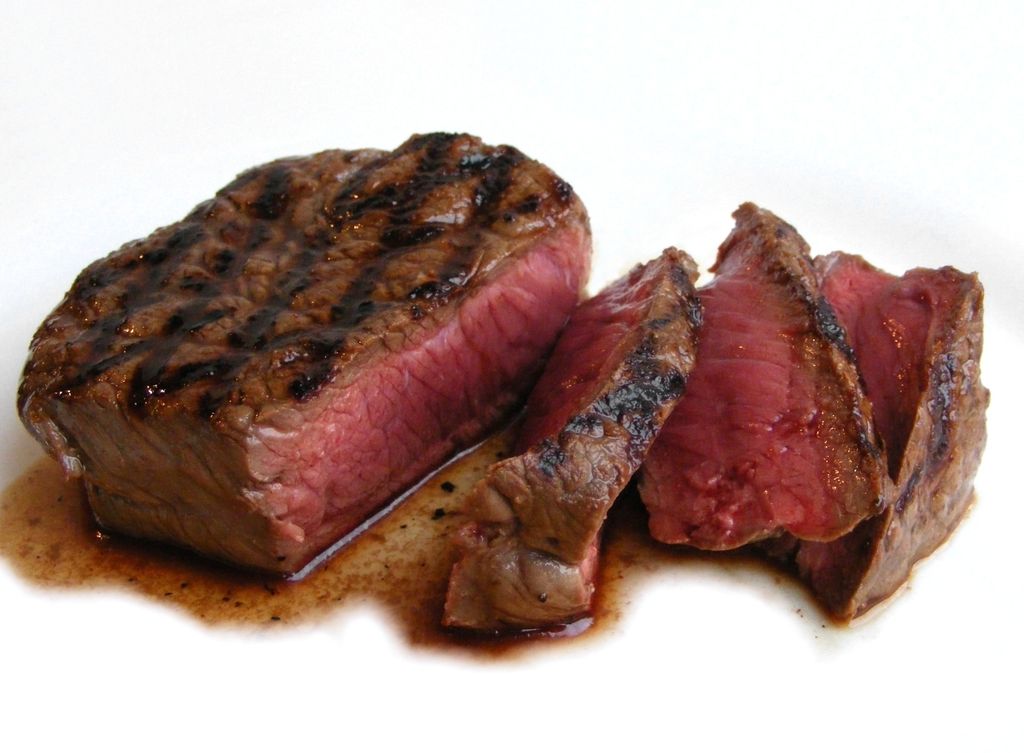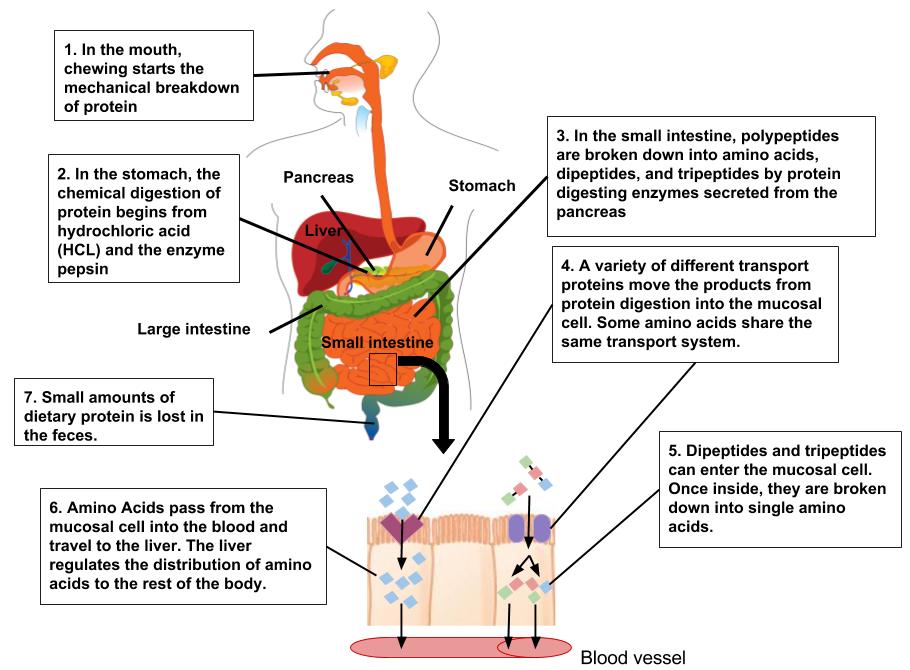“How many grams is that, champ?” I asked 300-pound Ronnie Coleman in August of 2005, just after he’d blended up a post-workout whey shake with so many scoops I feared I’d lost count.
“A hundred,” he answered with a grin. And soon after downing it, he said, “Let’s eat.” And off we went to The Black-eyed Pea, where, without ordering, the waitress served up his everyday usual: two skinless chicken breasts (which he lathered in barbecue sauce) and a baked potato.
For those scoring at home, that was about 180 grams of protein—twice what the average American man consumes in a day—over the course of a half-hour. All of which begs the question—once again, because it’s a very old question—how much protein per meal can the body use for muscle-building?
PROTEIN FOR MUSCLE GROWTH: THE FACTORS
You can only digest 30 grams of protein per meal, so “they” say, so eat small meals (30 g. of protein per meal) throughout each day. Or sometimes “they” say 35 or 40 grams, or some other “they” say only 25 or 20. This seems to have originated sometime in the ’80s, or at least it was promoted then in the muscle magazines, which, not coincidentally, were hawking protein powders for everyone who didn’t want to cook six times daily (i.e. everyone). The number, whatever it is, always seems too precise. How could the same maximum apply to 300-pound Coleman and a 100-pound grandma?
In fact, there are several factors that determine how easily you digest and utilize protein:
• BODY SIZE The more muscle you have, the more protein you can synthetize, and the more protein you’ll need to generate growth.
• AGE Protein synthesis decreases with age. People over 65 may need twice as much protein as young adults to maintain strength and energy.

• ACTIVITY LEVEL Sedentary middle-aged adults can probably get by with the RDA of .36 grams of protein per pound of bodyweight. But the more active you are, the more protein you’ll need just to maintain your muscle mass, and bodybuilders will need even more to make gains.
• STRESS LEVEL Both physical and mental stress kills gains. Stress elevates cortisol levels, which reduces muscle protein synthesis and increases gluconeogenesis (conversion of protein to glucose).

• DIGESTION No two bodies are the same, and that includes digestive systems. Surface area, enzymes, organ efficiency, and a great many ailments, from Crohn’s disease to the common cold, are just some of the factors that determine your speed of digestion and absorption.
• MEAL COMPONENTS If it had a clear path, that 100 g. whey isolate and water shake Ronnie Coleman drank was absorbed by his small intestine within 90 minutes. But those two chicken breasts combined with BBQ sauce and baked potato took much longer, six to eight hours. And if he’d mixed the whey with milk, the casein in the latter could’ve slowed its digestion down to seven hours. We could go on and on into how different nutrients digest at different speeds and how all of this can slow protein utilization—not to mention the foods that are already in your gut breaking down when you eat the next steak or drink the next shake. Just know it’s more complicated than any one-size-fits-all formula.
PROTEIN DIGESTION AND ABSORPTION

PROTEIN FOR MUSCLE GROWTH: THE FORMULA
Still, we want a formula. Or we at least want to know if there’s some approximate number to shoot for. A review of the relevant studies, entitled “How Much Protein Can the Body Use in a Single Meal for Muscle-building?” sought an answer. The authors of that study review point out the problem of different proteins in combinations with different macronutrients being absorbed at different rates.
However, they did indeed come up with a formula, or, actually, two. Let’s take the researchers’ upper one: 1 g. or protein per pound of bodyweight (2.2 g. per kg. of bodyweight) daily spread over four meals: .25 g. of protein per pound of bodyweight per meal. So, a 200-pound person would consume 50 g. of protein per meal, four times daily. For a 100-pounder, it would be 25 g. per meal. Because this formula takes into account your muscular mass, 300-pound Coleman, could’ve, presumably, absorbed and utilized 75 g. of protein per meal.

If we were to go to 1.5 g. of protein per pound of bodyweight daily (an amount favored by our friend, sports nutritionist Jim Stoppani, PhD), simply add two more meals (protein shakes are meals) for six meals daily.
So, yes, if you weigh more than 120, you can utilize more than 30 grams of protein per meal, and probably much more if it’s a whey isolate shake with water on an empty stomach. But what about Ronnie’s 180 g. protein bombardment? Can we at least agree that was overkill? We’ll never know. There are too many factors, including genetics and anabolic steroid and growth hormone dosages, that impact protein synthesis. If maximum size is your goal, it’s better to have too much than too little. As, Brad Schoenfeld, PhD, one of the authors of the study review quoted above, wrote recently: “It just makes sense to recommend consuming protein at the higher end of the spectrum of recommendations for those who want to maximize hypertrophy; there’s a possible upside and really no downside.”
Consider this: A male lion in the wild will eat 100 pounds of protein in a single meal. That’s over 45,359 grams! And two months after that sweltering August day in 2005, Ronnie Coleman won his record-tying eighth Mr. Olympia. It’s good to be the king.

Related content:
Study Finds Similar Muscle Growth with Vegan vs. Omnivore Diets
















































